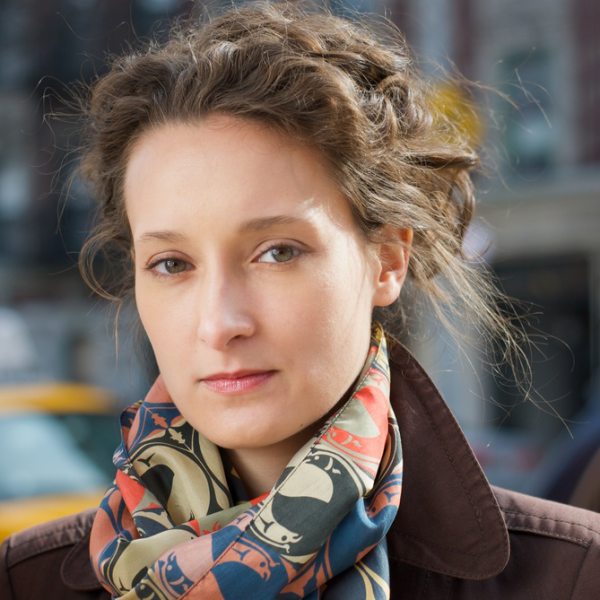
Program notes:
time>>T. - - I. - - M.(time) - - E.
Time-Time-Time explores the different ways we experience the passage of time — at times fast, at times slow, and sometimes strangely both, simultaneously. In the past two years of pandemic isolation, many of us have reflected on the distorted perception of time. In addition, I was thinking about this in the “before-times”, in relation to the early months of caring for an infant. Here, days and nights intertwine, sleep is fitful and interrupted, and life slows down to a baby’s pace. And yet, one day they are suddenly smiling, then sitting, walking, talking, and it seems impossible that it could all happen so very quickly.
I was curious to see how these experiences of temporal disintegration and distortion could be expressed through music, and what role the body might play through performance, in affecting our perception of time. I call this the kinetic embodiment of time: how does it look to play something fast? To play something slow? To feel time in different ways, physically, as well as sonically, psychologically, emotionally? Maybe the same could be asked of listeners: how does the body feel when experiencing fast or slow music or the two concurrently?
Through a mix of slightly more open notation and fully notated passages, as well as a lexicon of returning gestures which reset and close musical phrases, serving as orienting markers throughout, I see this piece as a potential new avenue for creative exploration in my compositional process moving forward.
This piece was developed through a close collaboration with the incredible musicians of the Grossman Ensemble and with the guidance of conductor Jim Baker, and the direction of Augusta Read Thomas. I am very grateful to them for their gift of inspiration, opportunity, time, and open-mindedness.
Zosha di Castri's Time-Time-Time premiered on May 20, 2022 with the Grossman Ensemble.
